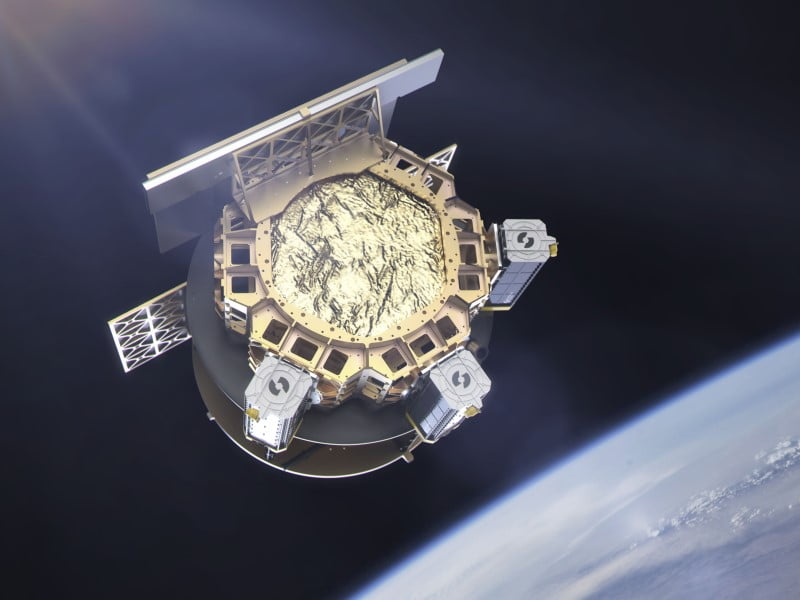Three Australian space companies will share in $18 million in federal government grants aimed at deepening the sector’s relationship with India.
The grants, which did not require co-contributions, have been awarded to Perth-based LatConnect60, Sydney-based Space Machines Company, and Canberra-based Skykraft.
Industry and Science minister Ed Husic announced the funding from the International Space Investment (ISI) India Projects program on Tuesday.

The government said the three projects align with strategic priorities shared by Australia and India and were “developed from more than a dozen consultation sessions led by the Australian Space Agency and involving more than 500 stakeholders”.
Funding for the program was first flagged in the former Coalition government’s final Budget, which set aside $25.2 million. It represented a continuation of the broader International Space Investment initiative launched in 2018.
When the round opened in March 2023, a funding pool of $20.69 million over four years was made available. The earliest start date for the projects was initially expected to be in October 2023.
The largest grant, worth $8.5 million, has been awarded to Space Machines Company. It is leading a project called Space MAITRI (Mission for Australia-India’s Technology, Research and Innovation).
Space MAITRI will entail the launch of a Space Machines Company orbital servicing vehicle, built in Australia, on board a dedicated Indian Space Research Organisation launch vehicle for the demonstration of space debris management.
Space Machines Company is touting its spacecraft as providers of the in-space equivalent of ‘roadside assistance’. Last month, it lost contact with its Optimus spacecraft after it launched onboard a SpaceX rocket earlier in the year.
The second largest grant was worth just under $5.8 million and went to earth observation company LatConnect60 to support its SWIRSAT, low earth orbit satellite (LEOSat) project.
Expected to launch in the first quarter of 2026 from India, the satellite aims to “significantly lower the cost of data acquisition and insight generation” for greenhouse gas emissions such as methane and carbon dioxide, according to LatConnect60.
The remaining $3.7 million went to Skykraft, which is developing a globally interoperable LEO position, navigation, and timing (PNT) system.
It will involve the design of components that are compatible with the Indian Space Research Organisation’s autonomous regional satellite navigation system known as NavIC.
Australian Space Agency head Enrico Palermo said the budding Australian space industry can learn a lot from its Indian counterparts after it became the first nation to land on the south pole of the moon in August 2023.
“By investing in these collaborative projects we can further strengthen the relationship between our space sectors and unlock opportunities for Australian organisations to develop even more joint projects and missions with India into the future,” Mr Palermo said.
Do you know more? Contact James Riley via Email.

